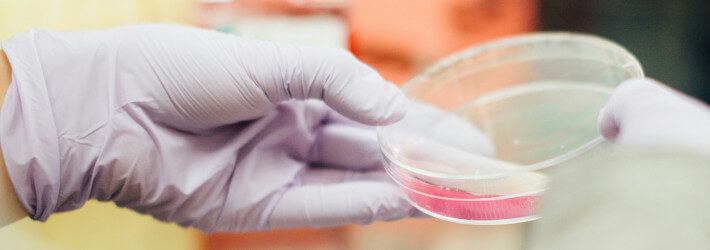On August 20, 2024, the Federal Trade Commission (FTC) submitted a comment supporting the FDA’s June 2024 draft guidance “Considerations for Demonstrating Interchangeability with a Reference Product: Update” that revises the need for switching studies to demonstrate a biosimilar is interchangeable.
For a biosimilar to receive an interchangeability designation, which allows pharmacists to automatically substitute the drug product without prescriber intervention (subject to state law), the applicant must show that the biological product “can be expected to produce the same clinical result as the reference product in any given patient”, and that “for a biological product that is administered more than once to an individual, the risk in terms of safety or diminished efficacy of alternating or switching between use of the biological product and the reference product is not greater than the risk of using the reference product without such alternation or switch” (PHS Act §§ 351(k)(4)(A)(ii) and (k)(4)(B)). Clinical switching studies were generally recommended to prove this standard has been met.
Under the new guidance, instead of conducting a switching study, the applicant “may choose to provide an assessment of why the comparative analytical and clinical data provided in the application or supplement support a showing that the switching standard set forth in section 351(k)(4)(B) of the PHS Act has been met” (previously reported FDA Revises Guidance on Switching Studies for Biosimilar Interchangeability).
The FTC believes that the FDA’s draft guidance “would likely have a positive impact on the number of biosimilars designated as interchangeable and on the uptake of biosimilar products by reducing barriers to entry and increasing competition among biologic products… [and] provides welcome clarity surrounding interchangeable designations to reduce marketplace confusion about the safety and efficacy of interchangeable biosimilars as compared to other biologic products.”
Should the draft guidance be implemented, the FTC urged the FDA to provide further guidance on how existing biosimilars that have not been approved as interchangeable may request an interchangeable designation, given that most of the approved biosimilars (43 of 58 as of August 20, 2024) are not currently designated as interchangeable. According to the FTC, “[a]pplying the draft guidance to all biosimilars, including already-approved products that treat conditions affecting large patient populations, such as insulins and Humira biosimilars, would support increased access to biosimilars and facilitate patient choice among safe and effective treatments.”
The FTC also noted that other measures used in conjunction with the FDA’s revised guidance could increase patient access to interchangeable biosimilars, noting the FTC’s July 2024 recent report on Pharmacy Benefit Managers (PBMs) and how their practices are limiting biosimilar access. In the Commission’s Interim Staff Report on Pharmacy Benefit Managers, they found that “some brand pharmaceutical companies and PBMs are entering contracts that categorically prohibit insurance from reimbursing pharmacists who fill a prescription with a generic…[which] can frustrate the intent of state drug substitution laws and undermine the goals of the BPCIA to increase competition and innovation among biologics.” The FTC also discussed how rebate structures may impede competition and patient access to biosimilars, as well as how vertical integration of PBMs may distort PBM incentives.
We continue to monitor the status of the FDA’s draft guidance and will provide updates when available. For more information on biosimilar patent disputes, please visit BiologicsHQ.
_____________________________________________________
The author would like to thank April Breyer Menon for her contributions to this article.


